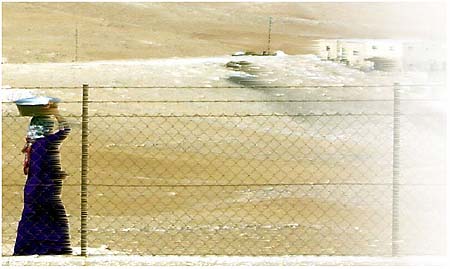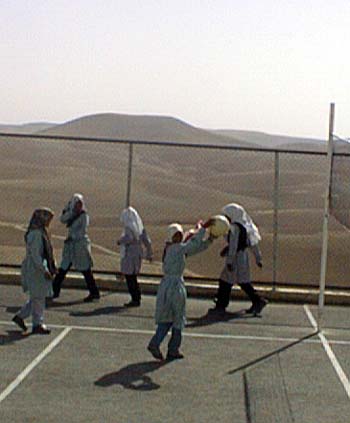|
and Women's Issues How does a Greenstar program advance women's rights in developing countries? Providing the means to achieve independence for women is an undeniable good; it is a primary goal in the transformation of any community. The question is...how to achieve that goal in developing countries? The obvious answers are not always the best. The quickest fixes, the kind we seek to apply in Western culture, could even slow down the process in other cultures. We need to be patient. We need to listen, with more than our ears.  The relative social and economic emancipation of women in the developed world, while still not fully realized, has been a major, unrecognized driving force behind our cultural and economic strength. There is a natural desire to want to share that emancipation, but this desire can be perceived as imposition, a new form of cultural colonialism, in other cultures. Greenstar is working on advancing women's rights in the communities we serve in subtle but persistent ways: in ways that are appropriate to their traditions, in ways that are guided and inspired by the women themselves. In ways that will actually lead to lasting change. An example: representatives of Greenstar have spent considerable time in a very conservative, traditional rural Islamic village in Palestine. The women there are not seen or heard from; except in furtive glances, we had little direct contact with them. After dinner in one of their homes one evening, we made a special point to ask to speak to the ladies of the house, to thank them for their wonderful food and the hospitality of their home. The men had served the dinner, going back and forth to the women in the kitchen. They were surprised, but introduced us to two women; we spoke to them briefly, and talked to one about how she had used the computer system we supplied to the school. We encouraged her to try more things, and told her about a new CD-ROM we had just brought, containing the entire annotated text of the Koran. This had an indeniable impact; the men laughed, but the woman appeared the next day in the school to watch, in the background, what we were doing. A small gesture, but this woman, and others she speaks to, may now see herself in a slightly different light. She has the right to speak, and to participate. Over time, and with reinforcement, this perception may grow. Respect for people's own style, their religion and customs, is a primary requisite for earning the trust of people in developing countries. To them, the center of the world is their village; everything right and true in the world is seen through that prism, and Western culture is seen as a distant, strange world: dangerous and inferior in many ways. The same holds for us; we live in the center of our world, and tend to judge others by our standards. But we have the rare privilege to travel, to develop new ideas, to invest and give of ourselves to others. This privilege must be carefully and lovingly wielded.  In concrete terms, Greenstar seeks to address the needs and concerns of women in the following ways:
We are actively seeking women's groups in the developed world to assist in implementing and expanding this action plan. |